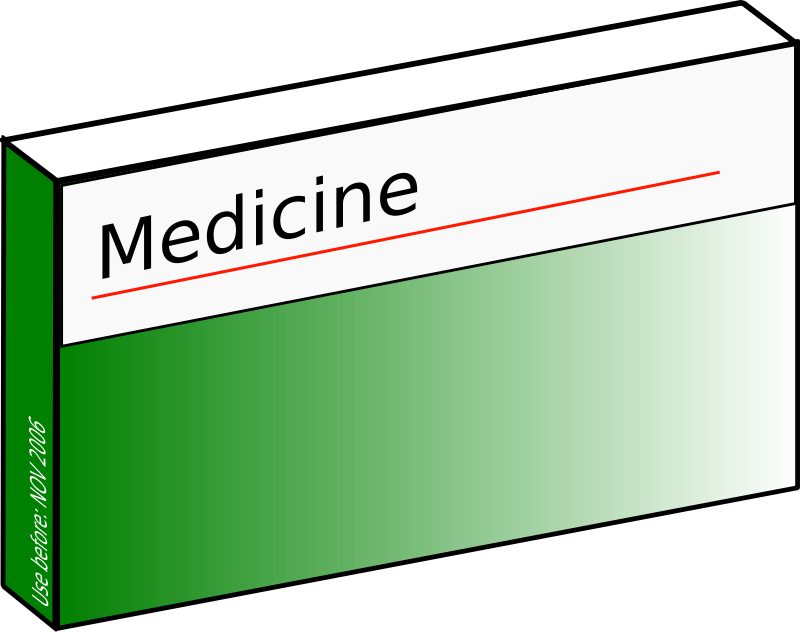Capitalist Epistemology: Is Money Truth?
On November 28, 2014, the BMJ (formerly the British Medical Journal) posted an announcement that it would no longer publish papers from authors with financial ties to industry with the aim of eliminating harmful bias from published articles. I’ve since talked to some researchers who quickly pointed out that everyone has biases, so eliminating financial conflicts of interest will not result in objective research free from fraud or manipulation, and I agree with them on that point. [Note, a response from Fiona Godlee clarifies this policy: “The policy applies only to editorials and clinical education articles designed to guide patient care and does not extend to other types of article published in The BMJ.” updated 1/14/15.]
As far as I know, Gregor Mendel had no financial conflicts of interest, but his data proved  his theory of genetics perfectly—too perfectly, almost everyone agrees, to be true (see a brief discussion here). Paradoxically, Mendel seems to have cleaned up his data in order to help promote his theory, which happened to be true, so he used untruth to promulgate truth. Other researchers have let their biases affect them more nefariously, letting sexism and racism cloud their ability to form accurate or even coherent theories of health, intelligence, or moral agency.
his theory of genetics perfectly—too perfectly, almost everyone agrees, to be true (see a brief discussion here). Paradoxically, Mendel seems to have cleaned up his data in order to help promote his theory, which happened to be true, so he used untruth to promulgate truth. Other researchers have let their biases affect them more nefariously, letting sexism and racism cloud their ability to form accurate or even coherent theories of health, intelligence, or moral agency.
But the goal of science has always been for an objective pursuit of truth free from emotional bias. Philosopher Alison M. Jaggar made a compelling argument that no scientific inquiry is value free or separate from emotion. She argues, on the contrary, that emotion is a necessary part of any pursuit of knowledge. “Disinterested inquiry,” she says, “Is an impossible dream.” (See “Love and Knowledge: Emotion in Feminist Epistemology.”) A scientific researcher with no bias and no values is both impossible and undesirable, I agree, but it is one thing to have a socially constructed bias and another to have a financially constructed bias. Being paid to have a bias raises a whole new set of problems.
I don’t mean to suggest that pharmaceutical or biotechnology companies should be prohibited from hiring scientific researchers or even that those researchers should be prohibited from publishing in scientific journals. They should, of course, have adequate oversight to detect and prevent fraud, but I’m sure many great products in medicine and elsewhere have resulted from an unbridled pursuit of profit.
The problem is that we don’t have enough independent researchers to ensure a robust search for solutions to human problems that may not lead to profit. Further, we don’t have enough independent researchers to prevent harm from flawed conclusions that may, in fact, generate a profit in spite of their flaws at great risk to public health.
We need publicly funded research centers or anonymously funded research centers where researchers can pursue knowledge that may or may not be convenient for corporations. These researchers would be freer to publish negative results of “promising” treatments. They would be freer to pursue treatments that may be effective but less profitable. As anyone familiar with this problem is aware, it is far more profitable to market maintenance treatments than treatments that will actually cure any given medical condition. Imagine if public funding were also used to manufacture inexpensive and effective cures rather than expensive and less effective treatments.
Of course, this is not the direction the United States (or the world, really) is heading. Rather, we have now entered the age of “venture philanthropy.” (Read Llewellyn Hinkes-Jones’ piece in the New York Times. ) Venture philanthropy enables foundations to use tax-exempt donations to invest in for-profit companies. Rather than using public funds to ensure research free from financial conflicts, venture philanthropy uses public funds to develop and market new products. As Hinkes-Jones puts it, “If the intent is to cure rare diseases, then we should be increasing the budget for the National Institutes of Health and other research initiatives. Instead of gala balls and donor drives, higher taxes on the same rich benefactors could be used to fund the research that isn’t already being supported.”
When the BMJ announced it would no longer publish pieces by authors with industry ties, one chilling line from the article leapt out at me: “In some fields—for example, obesity medicine, genetics, and rheumatology—we may find it difficult to recruit authors free of relevant financial links with industry. It might even prove impossible.” Somehow, we must find the will to make it possible for researchers to make a living and publish their findings without joining the payroll of for-profit corporations. I do not believe all researchers are motivated only by the opportunity to accumulate wealth. Jonas Salk passed the opportunity to amass great wealth with the polio vaccine. Others deserve the chance to do the same.